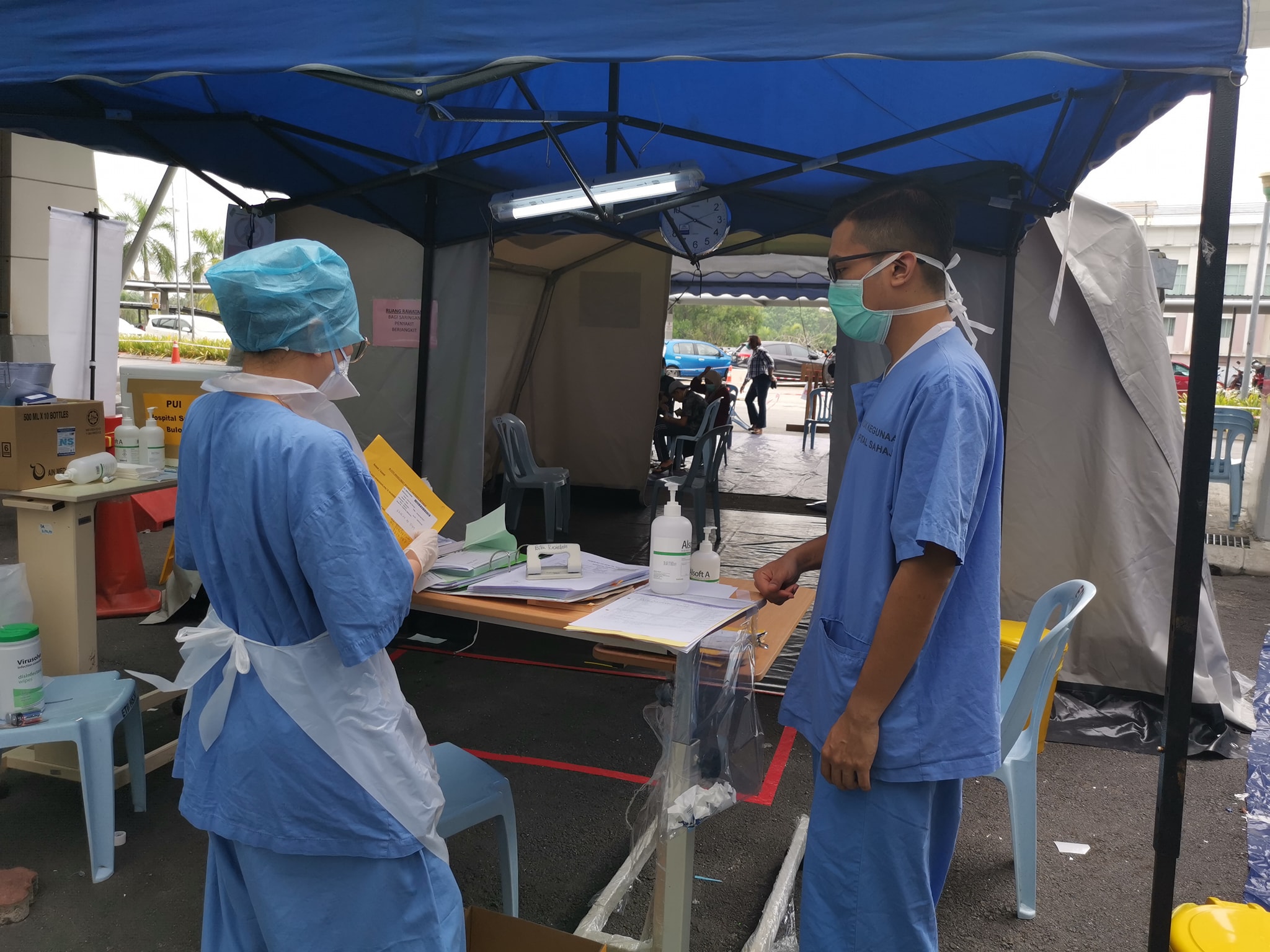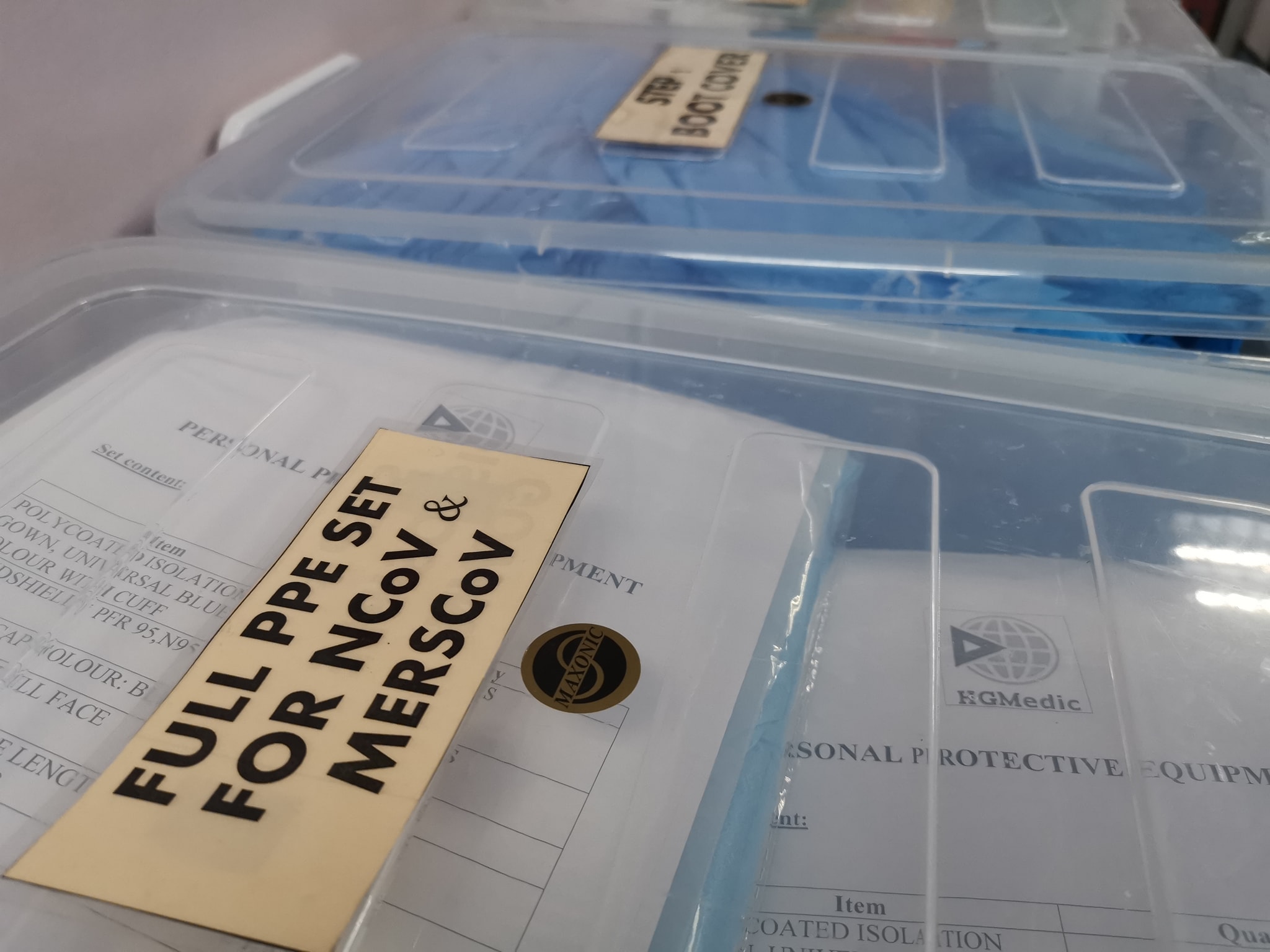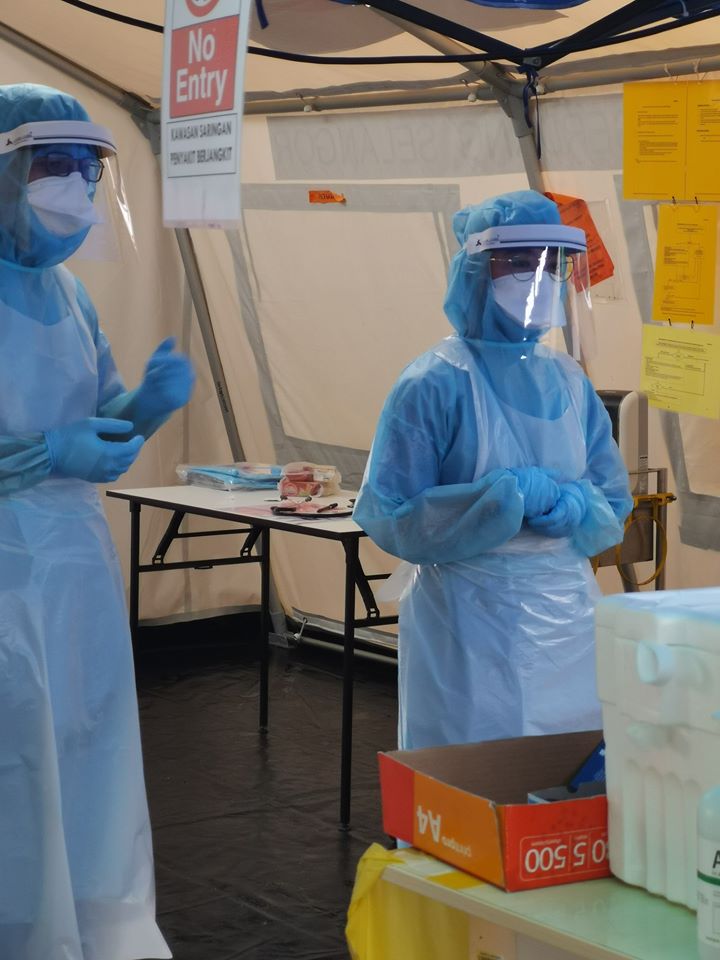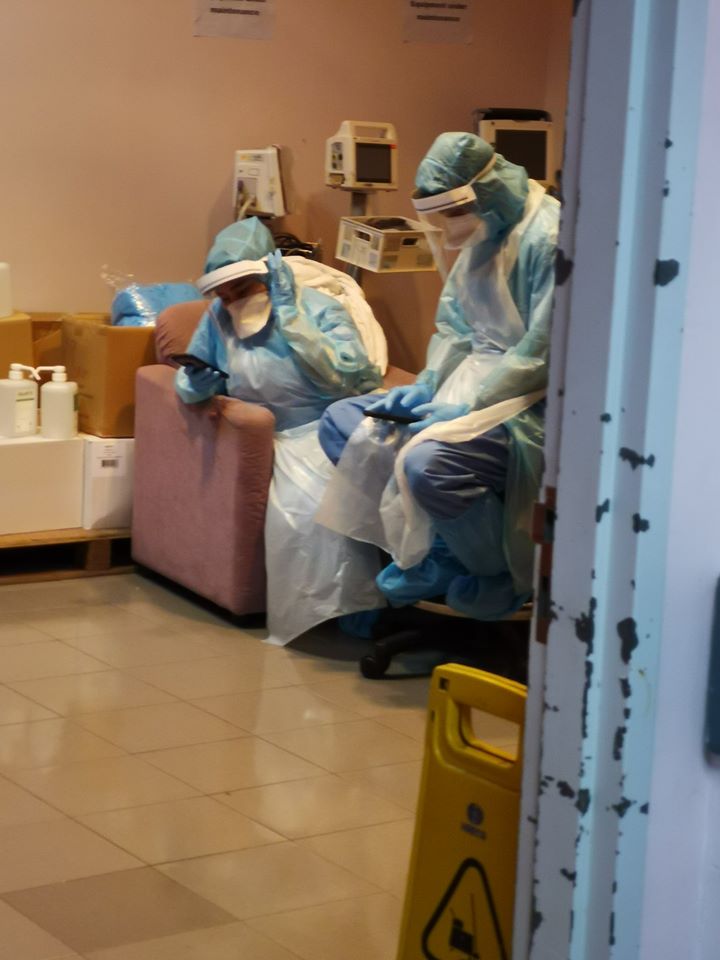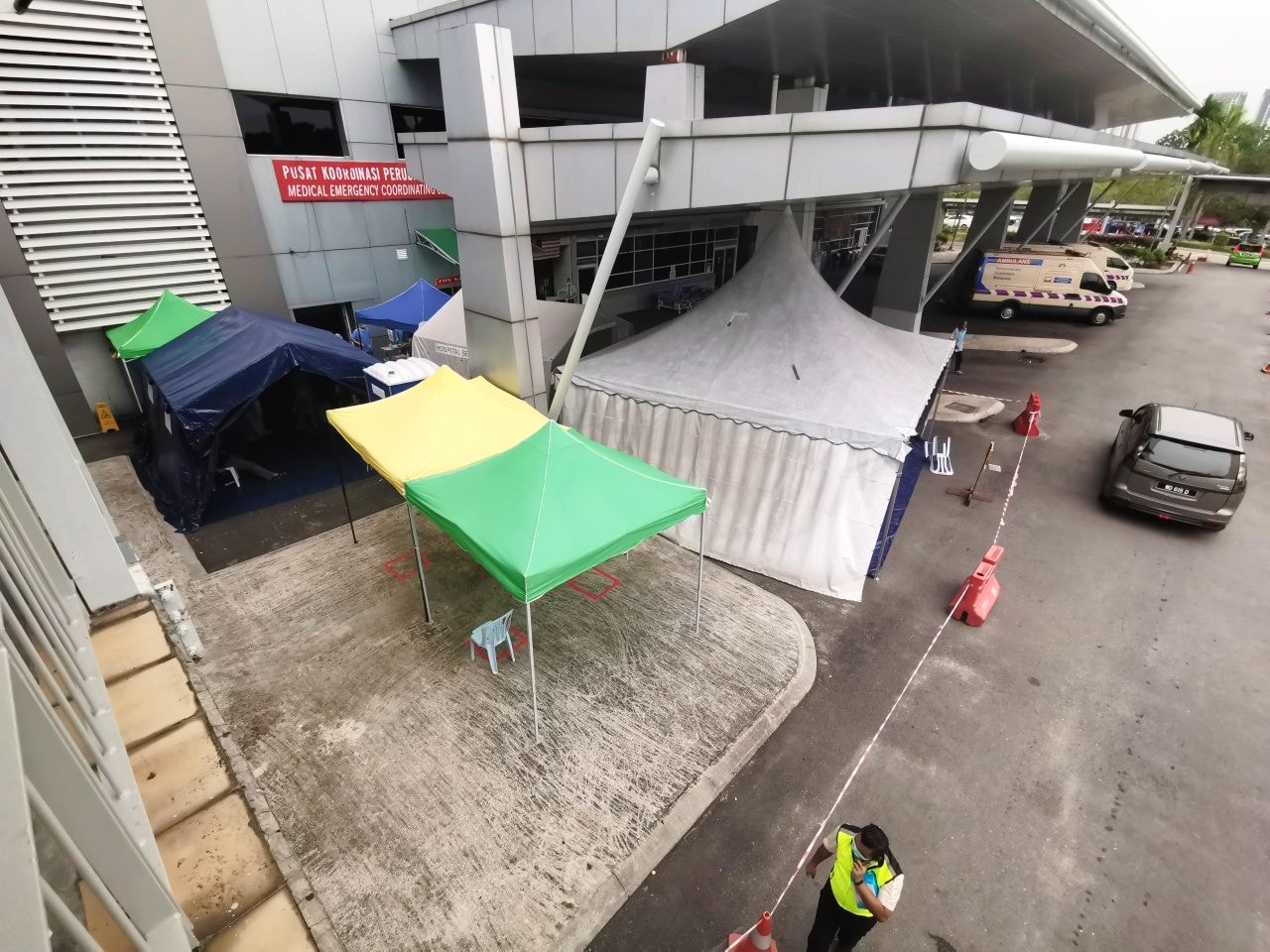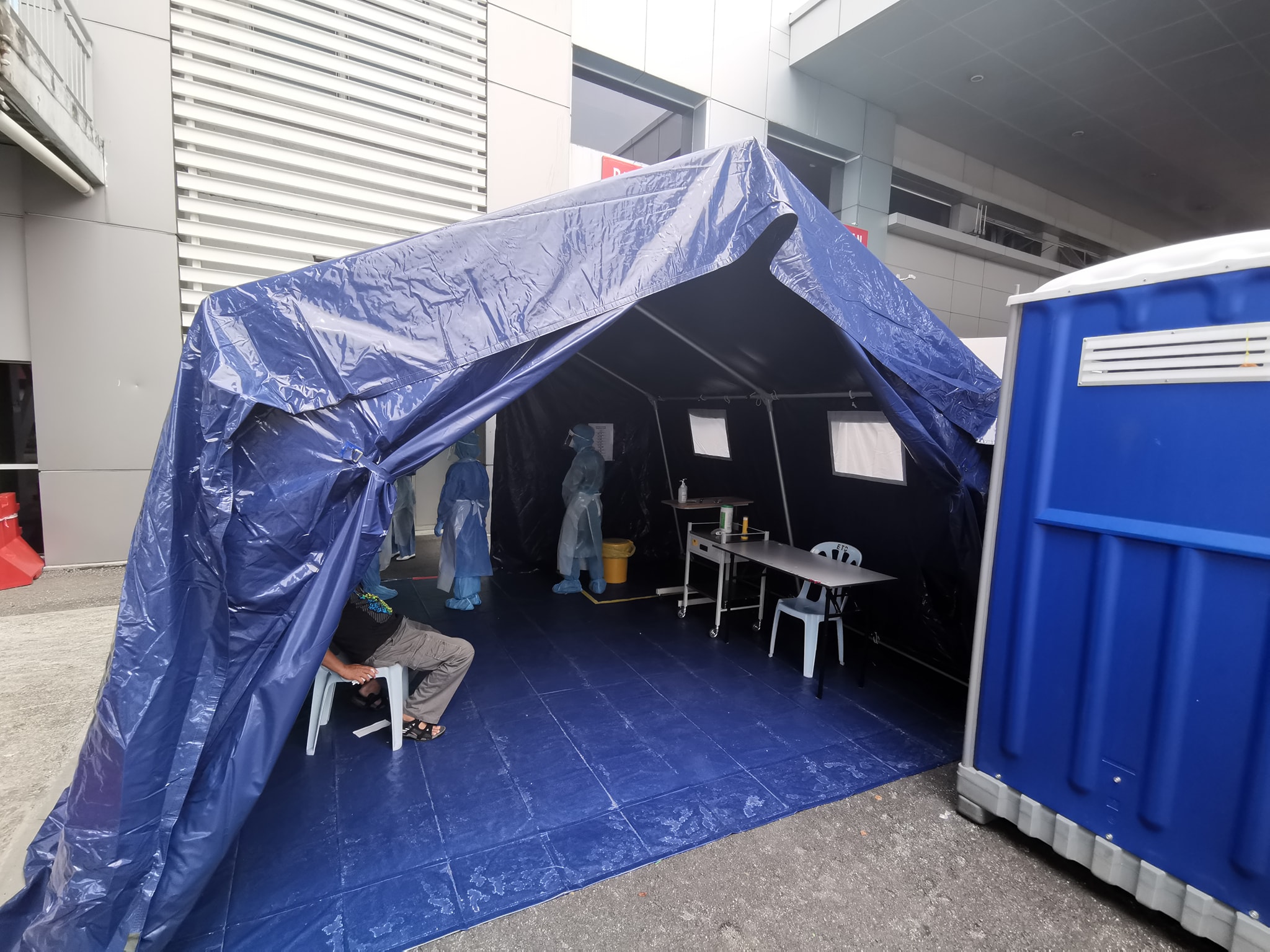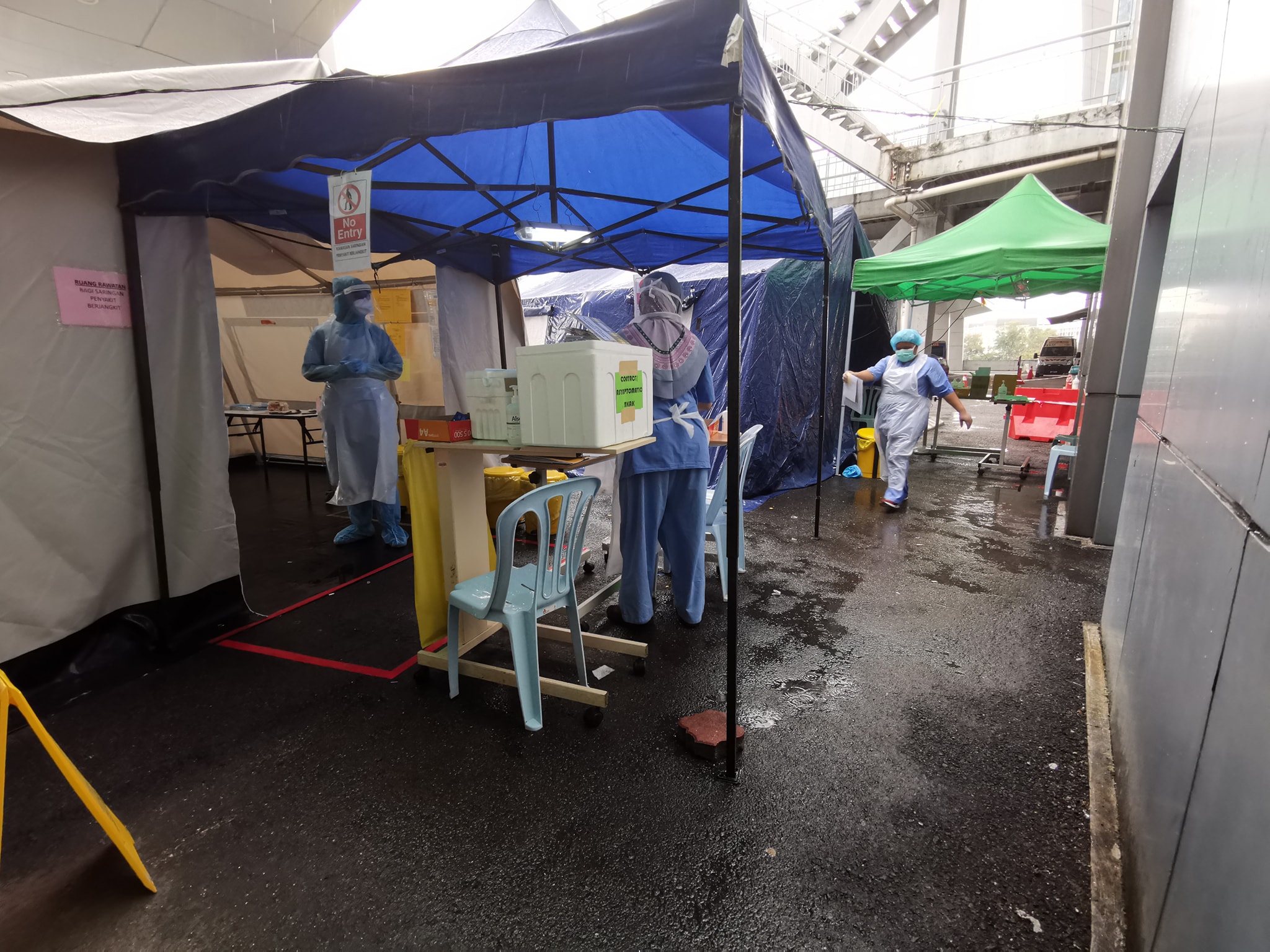Doctor Shows The Stark Reality Of What It's Like To Test Patients For COVID-19
"High workload, long hours, and a working environment that is not ideal - this is the sacrifice that they have to go through for the safety and health of us all."
With Malaysia's number of COVID-19 cases increasing by the day, let us not forget the people who are working behind the scenes to screen them and provide us with daily updates
Malaysia recorded another 20 new cases today, 11 March, bringing the nation's tally to 149 people who have tested positive for coronavirus, as of this writing.
Behind that number, a larger total of 3,132 people and close contacts in the country had to first go through screening by the Ministry of Health.
A doctor recently took to Facebook to share the work that goes on in screening tents to remind people of the healthcare workers dealing with the added stress of the outbreak
Ferwahn Fairis, who is the head of the Occupational Safety and Health (OSH) Unit at Hospital Serdang, Selangor, wrote that the team at his hospital in charge of screening suspected cases, or persons under investigation (PUI), have to face many challenges on duty everyday.
"High workload, long hours, and a working environment that is not ideal - this is the sacrifice that they have to go through for the safety and health of us all," said Ferwahn, hoping that his post would attract encouragement for the team standing on the front lines of the outbreak.
Ferwahn revealed that the process to screen the patients was tedious, taking officers-in-charge up to 45 minutes at a time to check each patient that arrives at their screening tent
"Other than the high number of patients that they have to see, officers have to change their Personal Protective Equipment (PPE) which includes a mask, double pairs of gloves, a face shield, and an apron, between each patient that they see," he said, explaining the precautions the healthcare workers have to take to avoid getting sick themselves.
"Furthermore, there is a meticulous sequence to put on and take off the PPE, to prevent the medical officer from touching or inhaling any COVID-19 droplets that may have gotten on their outer clothes."
"They start work at 8am in the morning, and attend to patients until 8pm at night until their shifts change," Ferwahn said, adding that they hardly even have the time to eat
He explained that the team has long 12-hour shifts because there is currently only a small number of people in the hospital who have been specially trained to handle these potentially-infectious cases.
It was also clarified that the screening tent only sees suspected cases, not critically-ill patients, therefore the officers have to take the medical history, do examinations, and take nose and throat swabs of many the people who walk in.
Handphones are also prohibited from the tents to prevent the spread of infection, which meant that the doctors can only use their phones in the mornings before their shifts and in the evenings after it.
Aside from the long hours, he asked readers to imagine the heat while working outdoors under the many layers of PPE
"We have to explain that the screening tent has to be away from the emergency department to prevent patients with routine emergencies from being exposed to PUIs and thus stopping the potential spread of infection," he said, showing pictures of the tent being set up outside the hospital building instead.
They have even measured the temperature inside the tent on some days, showing that it could reach up to 35 degrees Celsius, adding a concern that some officers could be exposed to "heat stress".
Ferwahn said that even though administration staff have tried their best to bring the tents portable air-conditioners, the machines have to be placed in proper positions to, again, prevent the potential spread of COVID-19 in their small environment.
He hopes that after seeing the challenges that healthcare workers face, people can more fairly give their cooperation and encouragement to the officers
"I hope this sharing can help the public better understand what happens in these COVID-19 screening tents in hospitals around Klang Valley," he said.
Lastly, he thanked his colleagues in Hospital Sungai Buloh and Hospital Kuala Lumpur who are the "admitting hospitals" facing the larger challenge of actually treating the patients that have been screened and sent over.
